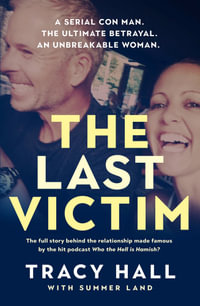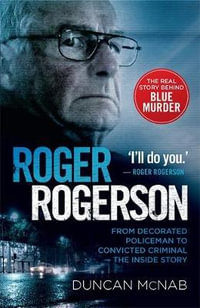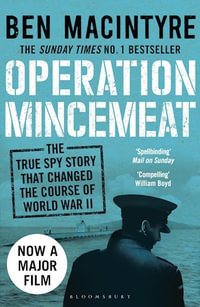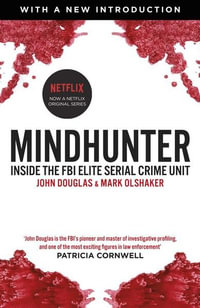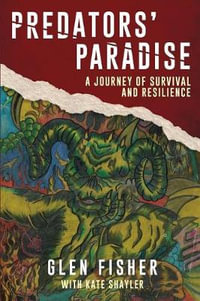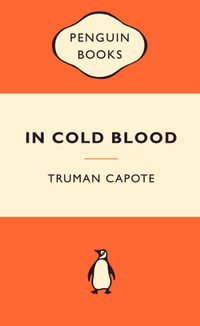This of it as a kind of tax. Every time you buy a pizza, or a hamburger, or new clothes, or use a product that has traveled in a truck, the odds are that you are paying a tribute to one of America's crime families. This book shows that the Mafia, and the larger crime syndicate that it dominates, has control over much of what the public regards as legitimate business. And when the Dons dominate the marketplace, they bring murder, arson, and violence with them.
Industry Reviews
"Yes, professors, there is a Mafia," says Kwitny, who has no use for ivory-tower illusions - or for Gay Talese's "willing-victim" apologia. Organized Crime operates insidiously in the legitimate marketplace, where it victimizes everyone: the lunch-wagon owner "invited" to pay weekly dues to a new Association, and his customer who'll pay more for his daily hot dog; the trucker whose wages go down when his boss makes a "sweetheart contract" with the Union, his protector; the stockholders of a bank that folds because it's already lost more on quid pro quo loans than it ever stood to gain on the leverage-deposit (of, probably, Teamster pension funds). Kwitny, who covers the Mob for the Wall Street Journal, devotes half of his book to the meat industry. A chain of threats and bribes extending to government inspectors and butcher-union leaders connects suppliers to middlemen and middlemen to retailers - and the unwitting consumer buys noxious "stinger meat," whose stench is camouflaged by toxic formaldehyde. Then, when it comes to prosecution, the Mafia's moral casualness sets the standard for the law; to Kwitny's credit, he raises and restates the issue in the changing contexts of his industrial horror-stories - the docks, the garment center, the liquor-distribution-system. Even as legislated, much less as imposed, the punishment hardly fits the crime: until recently the commercial bribery' that glues the Mafia to the marketplace netted 90 days maximum penalty; now it's one year. Crime pays, and Kwitny indicts the whole system. He's a natural crusader and a good scenarist, whose occasional imprudence, even coyness (a cheese-caper rendered an "ill-feta'ed venture"), is worth overlooking. Productive muckraking. (Kirkus Reviews)






